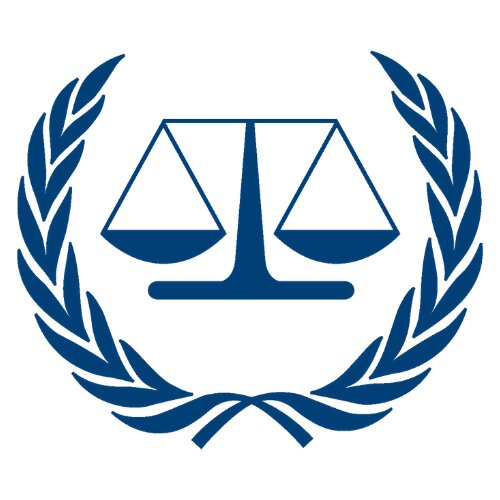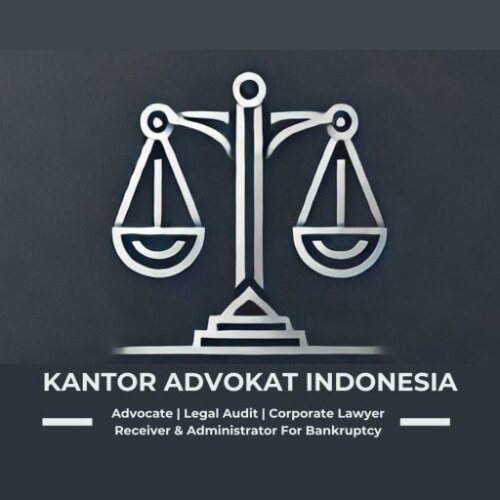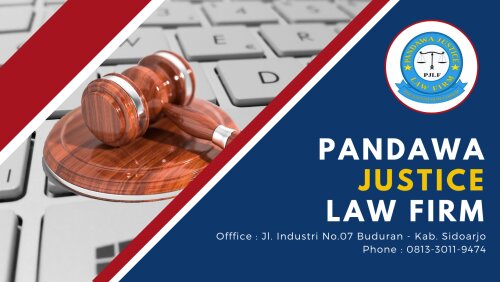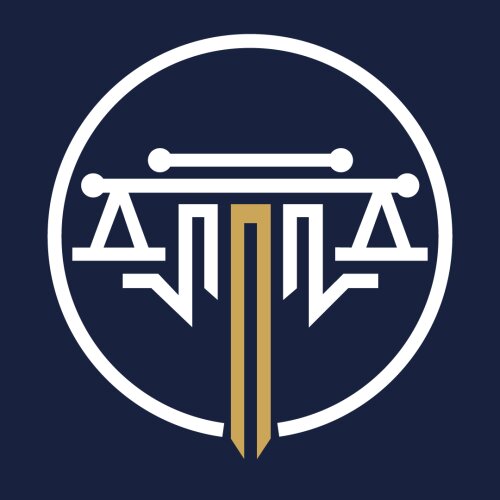Best Faith-Based Law Lawyers in Jakarta
Share your needs with us, get contacted by law firms.
Free. Takes 2 min.
List of the best lawyers in Jakarta, Indonesia
About Faith-Based Law in Jakarta, Indonesia
Faith-Based Law in Jakarta, Indonesia refers to legal systems and practices that are influenced by religious teachings and doctrines. In Indonesia, the most prominent form of Faith-Based Law is Islamic Law, known as "Sharia." While Indonesia is a secular state, Sharia is implemented alongside secular law in matters such as marriage, inheritance, and family disputes, particularly among the Muslim population. Jakarta, as the capital city, is a hub for legal practices integrating both national laws and religious considerations.
Why You May Need a Lawyer
There are several situations where individuals might seek a lawyer specializing in Faith-Based Law in Jakarta. Common scenarios include:
- Marriage and family disputes: Navigating issues like divorce, child custody, and alimony consistent with Islamic principles.
- Inheritance cases: Resolving disputes over estate distribution in accordance with Islamic inheritance rules.
- Business contracts: Drafting and negotiation of business agreements under Sharia-compliant frameworks.
- Constitutional rights: Understanding the interplay between national laws and religious freedoms.
- Criminal matters: Dealing with offenses and religiously mandated punishments that intersect with secular laws.
A lawyer skilled in Faith-Based Law can offer invaluable guidance tailored to these unique aspects of law.
Local Laws Overview
Faith-Based Law in Jakarta is implemented within the broader framework of Indonesian law. Key aspects include:
- Islamic Marriage Law: Regulated by the Indonesian Marriage Law, it allows Sharia-based marriage contracts and divorce procedures for Muslims.
- Inheritance Law: The Compilation of Islamic Law in Indonesia guides inheritance distribution among Muslims, often differing from the Civil Code.
- Religious Courts: Special courts that handle faith-based cases such as marriage, divorce, and inheritance for the Muslim population.
- Halal Economy: Includes laws ensuring business practices comply with Islamic economic principles, such as the requirement for Halal certification in food and cosmetics.
Frequently Asked Questions
What is Faith-Based Law?
Faith-Based Law refers to legal rules influenced by religious teachings, primarily Sharia Law in Indonesia.
Is Sharia Law legally binding in Jakarta?
Yes, for certain aspects like marriage and inheritance among Muslims, Sharia Law is legally binding in conjunction with national laws.
Can non-Muslims be affected by Sharia Law in Jakarta?
No, non-Muslims are generally governed by civil laws rather than Sharia in religious matters.
What type of cases are heard in the Religious Courts?
Religious Courts handle family-related cases, such as marriage, divorce, and inheritance, for Muslims.
Are there any Sharia-compliant financial services in Jakarta?
Yes, there are numerous Islamic banks and financial institutions offering Sharia-compliant products in Jakarta.
How does Sharia Law affect women's rights in Indonesia?
Sharia Law impacts areas like marriage and inheritance for Muslim women, with special courts available for related disputes.
What role does the Indonesian Ulema Council (MUI) play?
The MUI issues religious edicts and guidelines, including Halal certification standards under Sharia Law.
Can Faith-Based Law be integrated with secular business practices?
Yes, many businesses incorporate Sharia principles while complying with national corporate laws.
Are Faith-Based Lawyers required to have special qualifications?
Yes, they typically possess additional training or certifications in both secular law and religious doctrines.
How can I find a lawyer specializing in Faith-Based Law in Jakarta?
You can consult legal directories, professional law associations, or the Sharia Faculty at local universities.
Additional Resources
Here are some recommended resources and organizations for those seeking more information about Faith-Based Law in Jakarta:
- Indonesian Ulema Council (MUI): The primary body overseeing the implementation of Sharia principles.
- Ministry of Religious Affairs: Provides guidelines and regulations on religious practices and Faith-Based Law.
- The Institute for the Study of Islamic Thought and Civilizations (INSISTS): Offers research and publications on Sharia and legality.
- Local universities' Sharia Law Departments: Source of information and potential legal advisors.
Next Steps
If you find yourself in need of legal assistance in Faith-Based Law in Jakarta, consider taking the following steps:
- Identify Your Needs: Clarify the specific legal issue you face and how it relates to Faith-Based Law.
- Consult a Specialist: Reach out to a lawyer experienced in both secular and religious legal matters.
- Gather Documentation: Prepare any relevant documents and information related to your case.
- Seek Second Opinions: Consider consulting multiple professionals to assess different legal perspectives.
- Contact Governmental Bodies: Engage with entities like the Ministry of Religious Affairs for guidance.
Understanding your rights and options under both secular and Faith-Based Law can empower you to make informed legal decisions in Jakarta.
Lawzana helps you find the best lawyers and law firms in Jakarta through a curated and pre-screened list of qualified legal professionals. Our platform offers rankings and detailed profiles of attorneys and law firms, allowing you to compare based on practice areas, including Faith-Based Law, experience, and client feedback.
Each profile includes a description of the firm's areas of practice, client reviews, team members and partners, year of establishment, spoken languages, office locations, contact information, social media presence, and any published articles or resources. Most firms on our platform speak English and are experienced in both local and international legal matters.
Get a quote from top-rated law firms in Jakarta, Indonesia — quickly, securely, and without unnecessary hassle.
Disclaimer:
The information provided on this page is for general informational purposes only and does not constitute legal advice. While we strive to ensure the accuracy and relevance of the content, legal information may change over time, and interpretations of the law can vary. You should always consult with a qualified legal professional for advice specific to your situation.
We disclaim all liability for actions taken or not taken based on the content of this page. If you believe any information is incorrect or outdated, please contact us, and we will review and update it where appropriate.
















